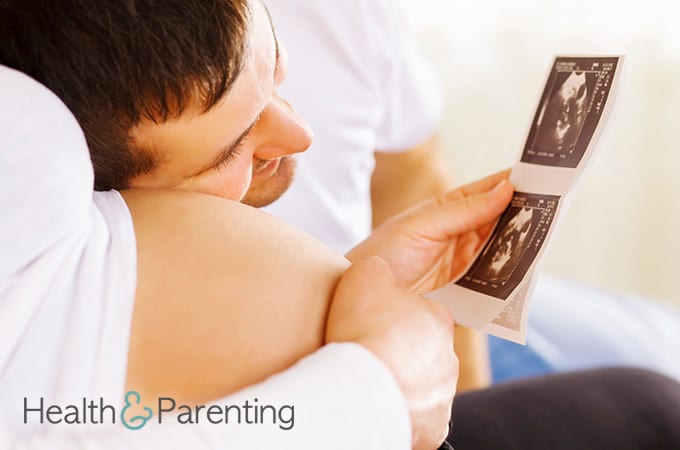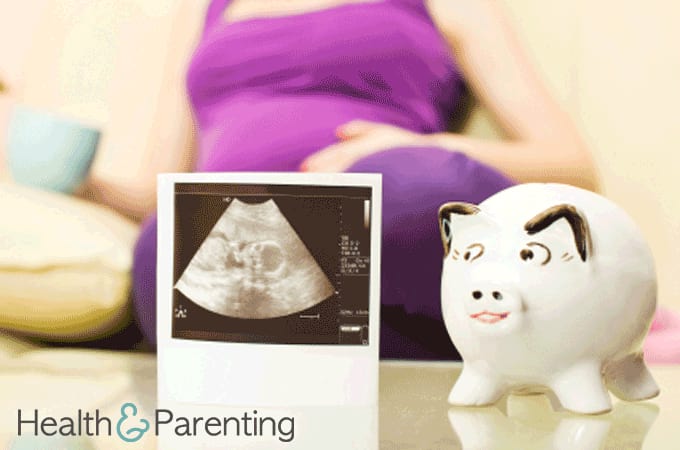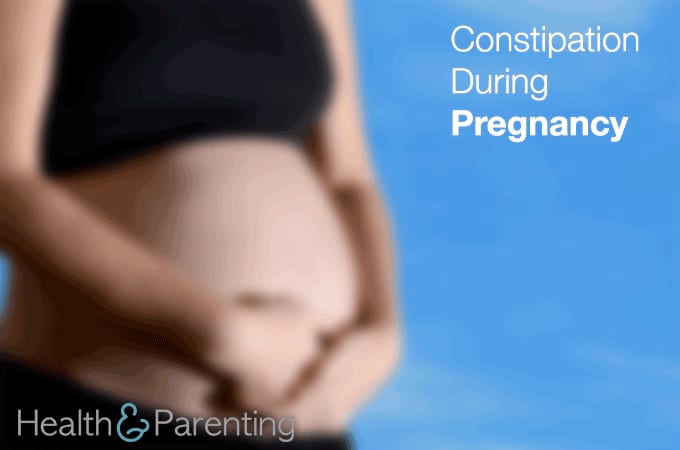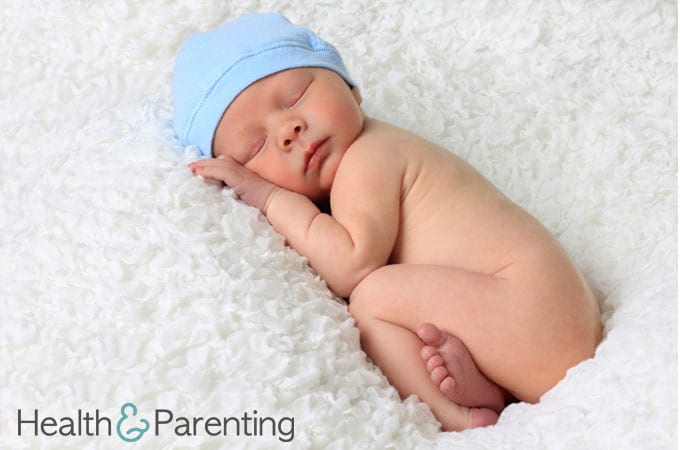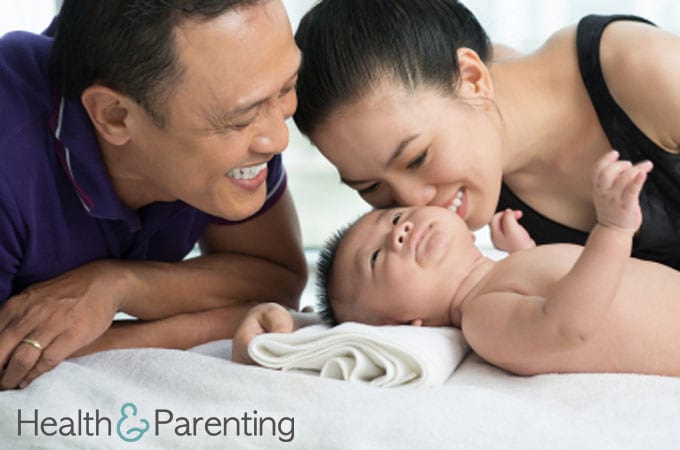Pregnancy is the last time (at least for quite a while) you will have a chance to travel by yourself or just with your partner. Planning a trip mid-pregnancy can be a great way to celebrate the occasion of your impending parenthood. But it can also lead to questions about safe travel for the mom-to-be.
If you do not have any complications, travel during pregnancy is typically just fine. The best place to start your planning is to ask your healthcare provider if you have any risk factors that would limit your ability to travel. Let your provider know if you plan to travel by car or by air, as this may make a difference in his or her recommendations.
If you are planning to fly somewhere, consider these travel tips for pregnancy:
- Most airlines let women fly up to 35 or 36 weeks of pregnancy, but be sure to check before you purchase your tickets. Your destination – domestic or international – might make a difference, too.
- Avoid nonstop overseas or cross-country flights. These high-altitude flights can increase your heart rate, as well as your baby’s, and cause both of you to receive less oxygen.
- If swelling has been a problem, wear loose-fitting shoes and clothes. Consider not wearing pantyhose, knee socks or anything with a tight waistline.
- Find out if a meal will be served, and if there are options for pregnant moms. Bring along nutritious snacks, especially if the flight is long.
- Stay hydrated by drinking plenty of water throughout your trip.
- Try to walk as often as you can during your flight, at least every hour. Sometimes just standing up helps your circulation, and your comfort level.
- Try to get an aisle seat, close to the bathroom – especially important for pregnant moms!
If you are traveling by car (or bus or train), here are some things to consider:
- Always wear your seatbelt. Seat belts do not increase the risk of injury to you or your baby, but actually protect you both. Wear the lap portion across your hips and under your belly, and the shoulder portion across your chest.
- If you are in an automobile, move your seat back so you have at least 10 inches between your body and the airbag.
- If possible, share the driving time with your partner or other travel companion.
- Stop frequently to stretch and use the restroom. This will help with your circulation, and can keep your back from hurting from long periods of sitting.
- Dress comfortably. You want clothes that don’t constrict – including socks!
The biggest risk of traveling during pregnancy – and probably your biggest worry – is developing a problem while you’re away from those who know your medical and pregnancy history. It’s common to feel that way, but don’t make it your deciding factor. Take time to plan your trip with pregnancy in mind, be sure you don’t try to do too much while you’re there, and then relax and enjoy yourself!
Zika virus alert: Zika is a virus spread by mosquitos that typically causes a mild and short-lived infection. The Zika virus can, however, cause very serious birth defects if your fetus is exposed. If you’re pregnant or plan to become pregnant, health experts recommend postponing any non-essential travel to areas of the world where Zika virus is prevalent. Zika has been found in Central and South America, the Caribbean, Southeast Asia, a number of Pacific island countries, and several countries in Africa. In the US, Zika has been found in Florida. If you’re planning to travel to one of these areas, speak with your healthcare provider about the best way to protect yourself and your unborn baby.
Written by Team Health & Parenting
This information is not intended to replace the advice of a trained medical doctor. Health & Parenting Ltd disclaims any liability for the decisions you make based on this information, which is provided to you on a general information basis only and not as a substitute for personalized medical advice. All contents copyright © Health & Parenting Ltd 2018. All rights reserved.


